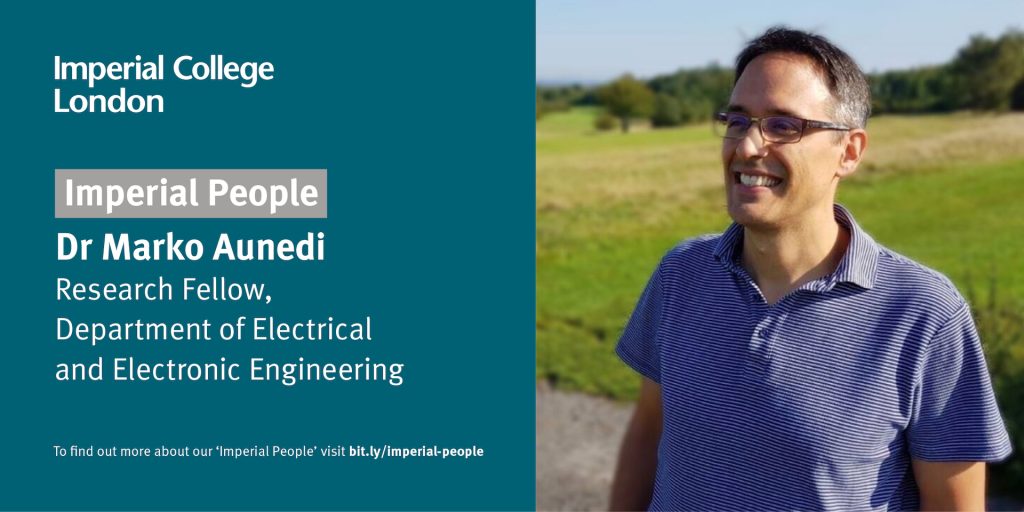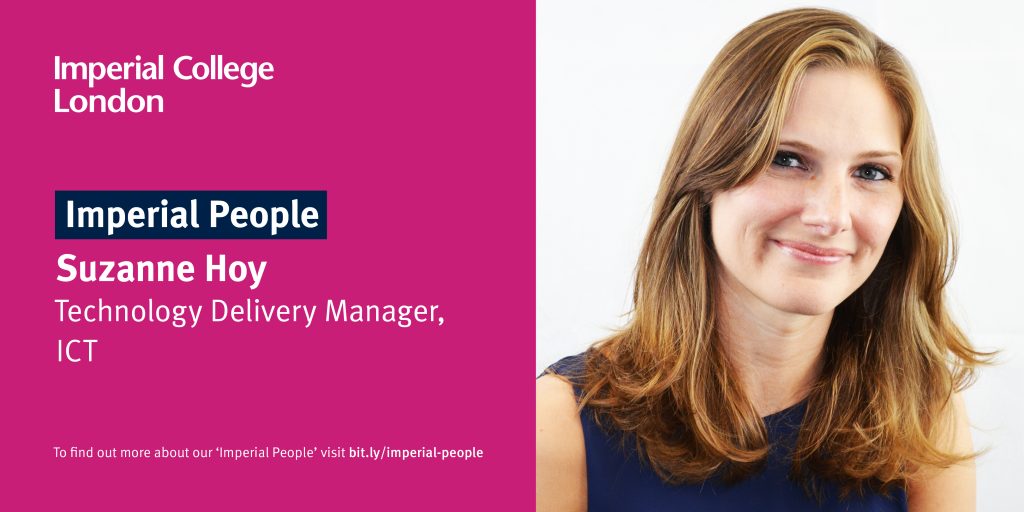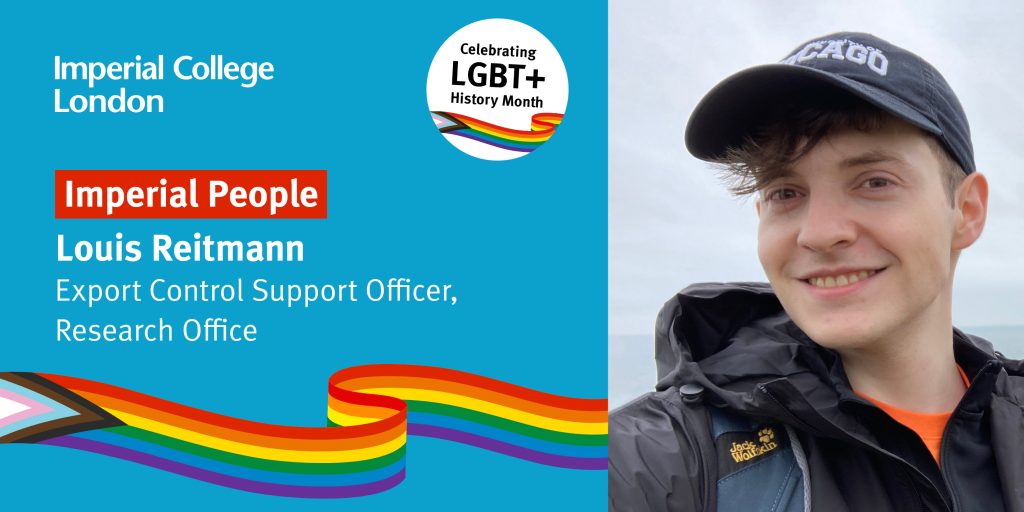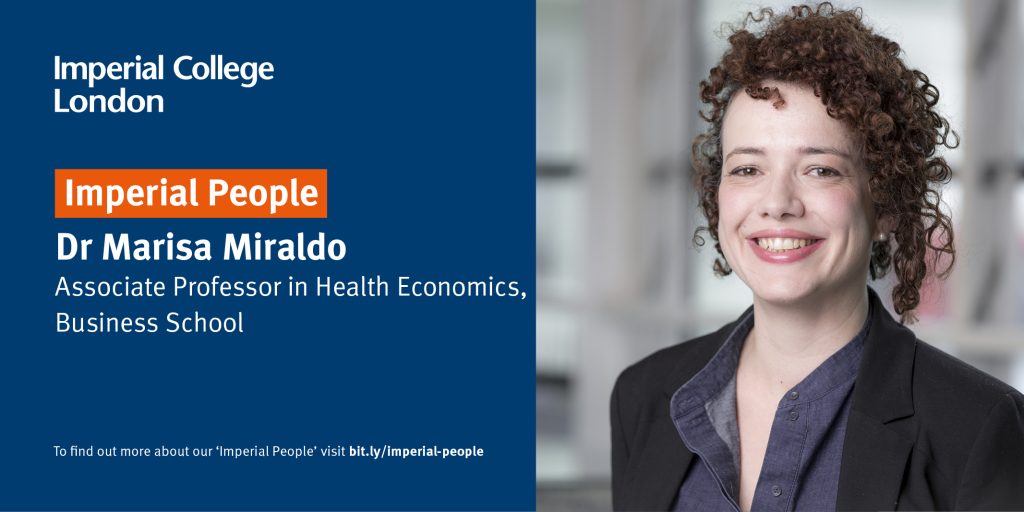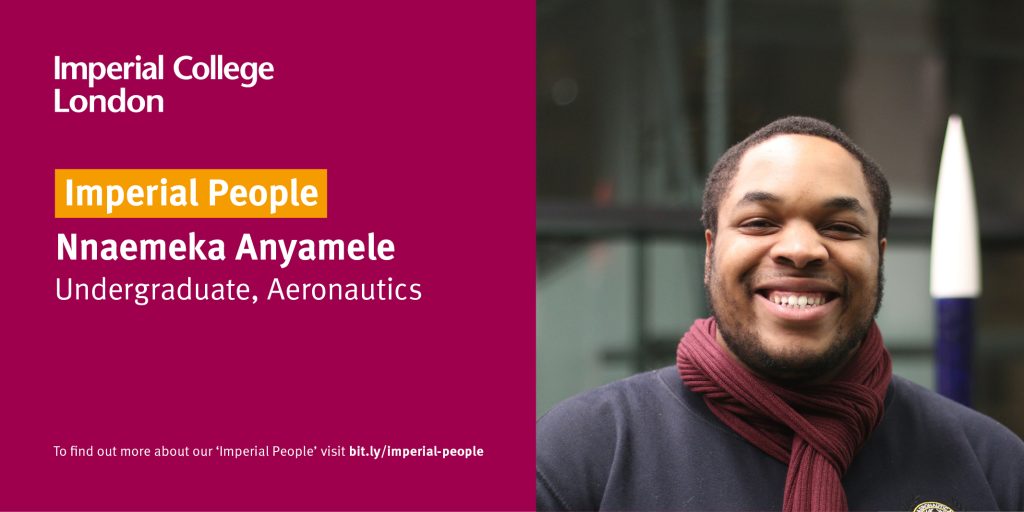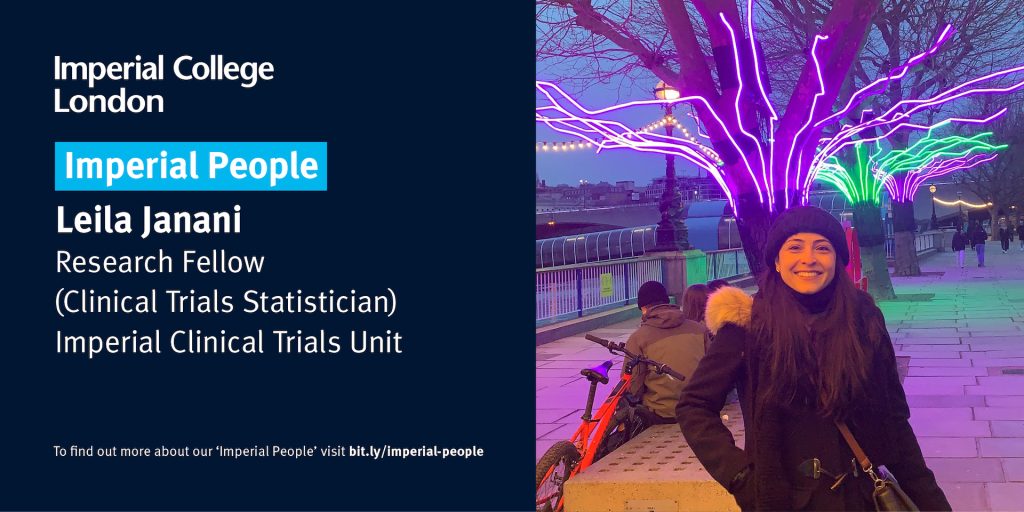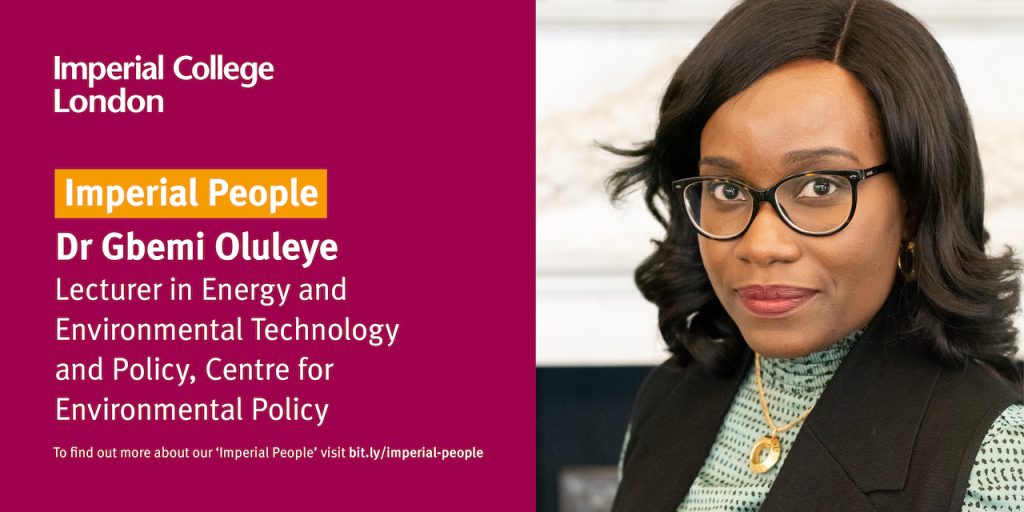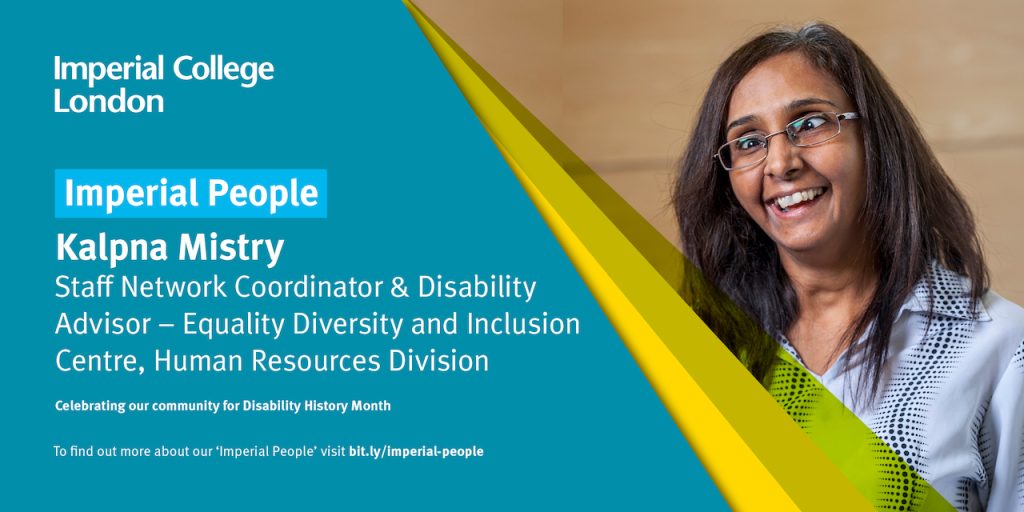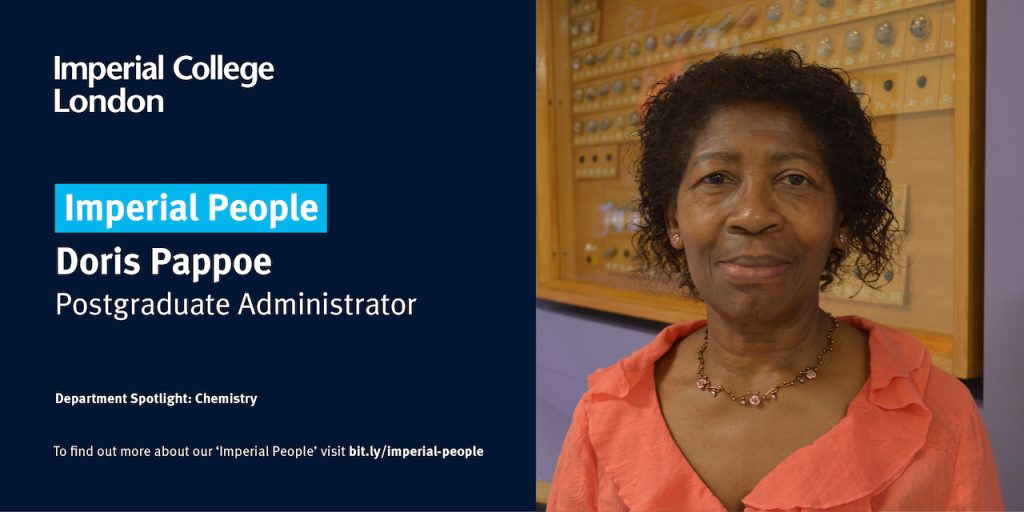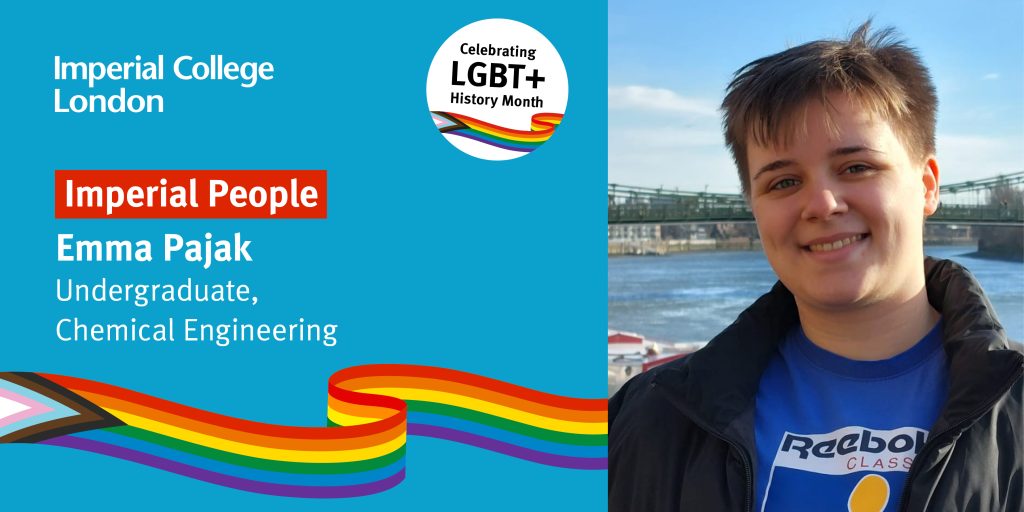
“I hope sharing my experience might inspire others to take pride in their identity”
Being an openly gay woman in engineering, I am passionate about representation. A phrase that sits with me is, ‘you can’t be it if you can’t see it’. I feel it is important, for those who feel comfortable doing so to share experiences and support those around us. I hope sharing my experience might inspire others to take pride in their identity.
When I was applying to university, I was really keen to base my decision on where I wanted to apply on a logical, methodical thought process – criteria like great facilities. I decided to attend an open day here at Imperial and, whilst it ticked off a lot of these criteria, it was the overall vibe and atmosphere that hit almost instantaneously – I knew I could see myself studying here. Fast forward to now, and I’m in my third year studying Chemical Engineering here at Imperial.
